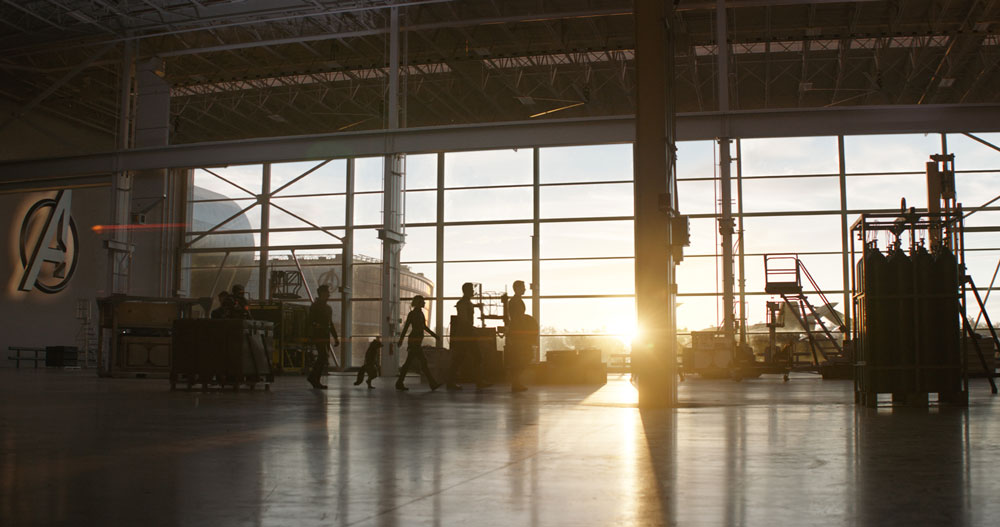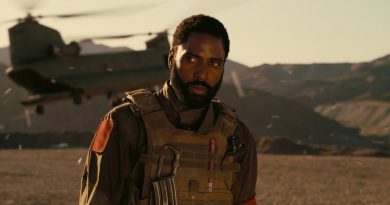Shared Universes Need A Revamp
The Marvel Cinematic Universe (MCU) lays claim to one of the most common threads seen in film over the last ten years: interconnected, shared universes. From series like Harry Potter to DC’s Expanded Universe, we’ve been exposed to a multitude of “universes” (or attempts at such, like Universal’s since-abandoned plans for a monster series) since Iron Man’s debut.
But with the MCU ending its current state with Avengers: Endgame, it begs the question: should films pull back on the idea of shared universes?
The success of Iron Man, a film centered on a B-list character due to other studios’ ownership of Spider-Man and the X-Men, sent shockwaves across the film industry. Here we saw that a film centered on a superhero could not only be successful, but could open the door to other films in that shared space, specifically set-up by the post-credits stinger featuring Samuel L. Jackson’s Nick Fury. That was further amplified by The Incredible Hulk, a film that featured almost no ramifications on the universe but stayed connected through its own post-credits scene with Robert Downey Jr, letting viewers know that these films were there to stay.
Once the vision was first realized in 2012’s The Avengers, featuring the original six Avengers teaming up after all appearing in previous films, other studios leaped at the chance to continue the trend. DC announced plans for their own universe spearheaded by Superman, leading to 2013’s less-than-super Man Of Steel. Harry Potter prequels were announced in September that same year, tackling an earlier plot thread from the novels. Even Disney, the owner of Marvel Studios, cashed in, purchasing LucasFilm in 2012 for $4 billion and relaunching the Star Wars franchise.
It has since led to four films and a number of television shows, all connected.
That wasn’t limited to the big screen. The CW launched their version of a shared universe through Arrow, led by DC’s Green Arrow. That has since led to four shows across two networks at any given time, requiring fans to watch all four at least once a year to keep track of their characters. Even Marvel bled into the silver screen, with Marvel’s Agents of S.H.I.E.L.D. premiering in 2013 and a loosely-connected supergroup series of shows debuting on Netflix in 2015 (the latter since-canceled due to yet another set of Marvel shows debuting on Disney’s upcoming streaming service).
While the idea of interconnected universes has proven popular, it’s also shown signs of fatigue. DC’s slate of films has been in a state of limbo, with a number of films in various stages of development and no lead character shepherding the franchise. Universal’s plans for a Monsterverse got so far that they released a promotional photo featuring the leads of all their announced projects—only to shelve plans following the lackluster debuts of 2014’s Dracula Untold and 2018’s The Mummy (both of which were expected to launch the franchise).
As the MCU wraps up its current slate of films this month in Endgame, studios will need to take a step back to focus on what works and doesn’t in shared universes. While Marvel certainly paved the way, they’ll need to determine what truly necessitates a new world of characters.




